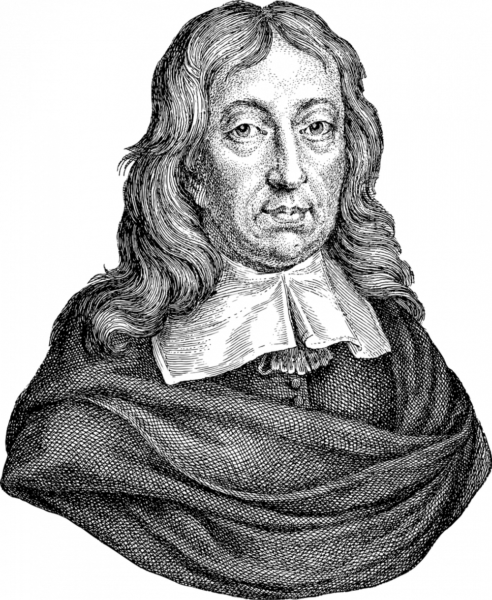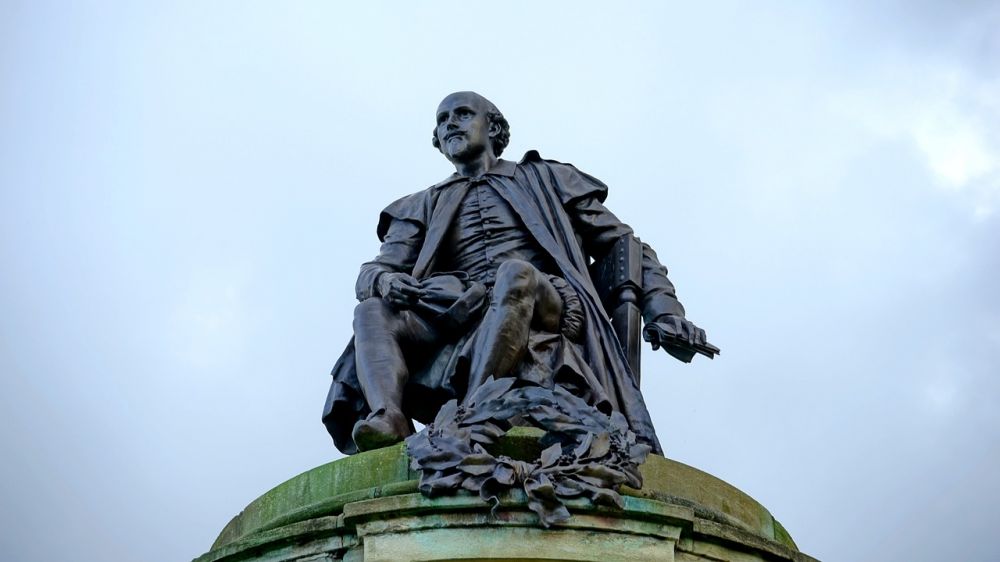Edgar Allan Poes The Raven: A Haunting Masterpiece

Introduction:
Edgar Allan Poe’s chilling poem, “The Raven,” is a captivating piece of literature that has fascinated readers for almost two centuries. Born from Poe’s dark and mysterious imagination, this iconic work continues to capture the hearts and minds of those who delve into its depths. In this article, we will explore the significance of “The Raven” and its evolution over time, providing a comprehensive understanding for both newcomers and long-time enthusiasts of Poe’s enigmatic creation.
I. A Closer Look at “The Raven”

“The Raven,” published in 1845, tells the story of an unnamed narrator who is mourning the loss of his beloved Lenore. As he sinks deeper into despair, he is visited by a talking raven, which becomes a harrowing symbol of his grief and the persistent reminder of his loss. The poem’s themes of death, mourning, and the human psyche make it a profound exploration of the human condition.
– Structure and Language: “The Raven” is written in trochaic octameter, a meter that creates an unsettling and rhythmic cadence. Poe’s skillful use of alliteration, internal rhyme, and repetition gives the poem a haunting quality, enhancing its melancholic ambiance.
– Symbolism and Imagery: The raven symbolizes a myriad of emotions, including sorrow, despair, and the inevitability of death. Its repetition of the word “Nevermore” reinforces the narrator’s despair and his inability to find solace in his grief.
– Psychological Exploration: Poe delves into the human psyche, exploring themes of obsession, madness, and the blurred lines between reality and the confines of one’s mind. The narrator’s descent into madness mirrors Poe’s own struggles with depression and addiction.
II. The Historical Evolution of “The Raven”
“The Raven” has undergone various interpretations, adaptations, and influences since its publication, solidifying its status as one of Poe’s most renowned works. Its impact on literature, music, and popular culture is undeniable.
– Initial Reception: Upon its release, “The Raven” garnered both praise and controversy. Critics admired its dark allure and poetic mastery, while some dismissed it as morbid and eccentric. Regardless, it made Poe a household name and a revered figure in American literature.
– Influence on the Gothic Genre: “The Raven” became a cornerstone of the Gothic literary movement, inspiring future authors to explore themes of death, darkness, and the macabre. Its haunting atmosphere and exploration of the human psyche laid the groundwork for an entire genre of literature.
– Musical Adaptations: Over the years, numerous composers and musicians have been captivated by “The Raven” and have created musical adaptations that pay homage to Poe’s work. Its captivating rhythm and haunting themes have lent themselves perfectly to compositions, with notable examples including Sergei Rachmaninoff’s symphonic poem and Lou Reed’s “The Raven” album.
– Pop Culture Legacy: “The Raven” has permeated popular culture, appearing in various forms such as films, television shows, and even video games. Its influence can be seen in works like Alfred Hitchcock’s “The Birds” and Tim Burton’s dark and whimsical creations. Poe’s poem has become synonymous with the macabre and continues to shape the artistic landscape to this day.
III. Discovering the Depths of “The Raven”
Unveiling the layers of symbolism and exploring the intricacies of “The Raven” allows readers a more profound appreciation for Poe’s artistry. Its timeless themes, thought-provoking language, and exploration of the human psyche make it a captivating piece for art enthusiasts and collectors alike.
– Analysis of Symbolism: Delve into the vast symbolism present throughout the poem, deciphering the deeper meaning behind the raven, Lenore, and the narrator’s descent into madness. Explore the psychological implications and their relevance to Poe’s own struggles.
– Interpreting the Poem: “The Raven” invites multiple interpretations, sparking discussions on the nature of grief, the human condition, and the limitations of our own minds. Engage with philosophical and literary theories to uncover new insights and perspectives.
– Collecting Poe’s Works: For art collectors and Poe enthusiasts, possessing original editions or unique renditions of “The Raven” can hold immense value. Explore the world of Poe memorabilia, from rare book editions to art prints and sculptures, and appreciate the enduring allure of this timeless poem.
Conclusion:
Edgar Allan Poe’s “The Raven” continues to mesmerize and haunt readers with its timeless themes and chilling narrative. Its significance in literary history, coupled with its profound exploration of the human psyche, ensures its place as one of Poe’s most enduring works. Whether analyzing its intricate symbolism, immersing oneself in its melancholic allure, or collecting Poe memorabilia, the timeless beauty of “The Raven” traverses time and offers endless fascination for art enthusiasts and collectors alike.
FAQ
Can The Raven be interpreted in different ways?
How has The Raven influenced popular culture?
What is the significance of The Raven in Edgar Allan Poes work?
Flere Nyheder
Den ultimative guide til at vælge en erhvervsfotograf I Fredericia
Introduction: Edgar Allan Poe’s chilling poem, “The Raven,” is a captivating piece of literature that has fascinated readers for almost two centuries. Born from Poe’s dark and mysterious imagination, this iconic work continues...
04 juli 2025
Erhvervsfotografering i Aalborg: Skab en visuel identitet
Introduction: Edgar Allan Poe’s chilling poem, “The Raven,” is a captivating piece of literature that has fascinated readers for almost two centuries. Born from Poe’s dark and mysterious imagination, this iconic work continues...
03 marts 2025
Galleri Nordjylland: Et vindue til regionens kunst og kultur
Introduction: Edgar Allan Poe’s chilling poem, “The Raven,” is a captivating piece of literature that has fascinated readers for almost two centuries. Born from Poe’s dark and mysterious imagination, this iconic work continues...
05 juli 2024











